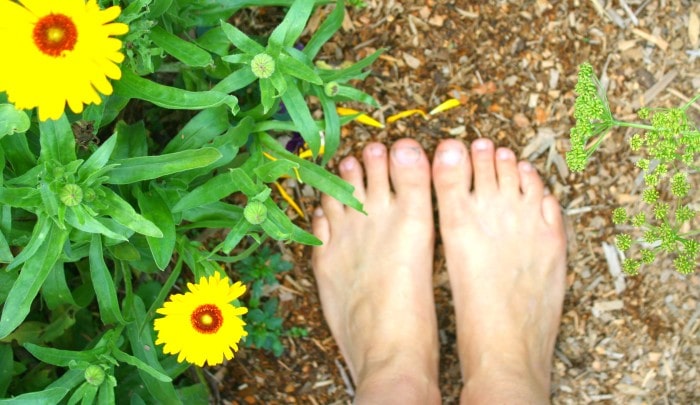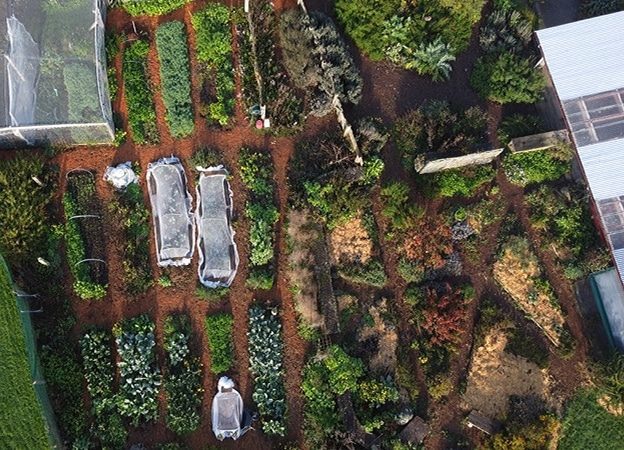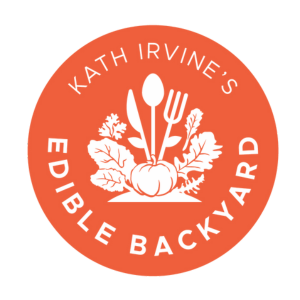Mulched Paths - Oh Yes!


The first permaculture book I read was "The Permaculture Home Garden" by Linda Woodrow. Back in mumblemumble 1997. I read it from cover to cover one cold weekend in bed with my first baby, those were the days. I gobbled it up. Linda made so much sense.
One thing I acted on immediately was mulched paths. What a revelation! I've been mulching my paths ever since, with whatever woody mulch I can get my hands on. A mixture of wood, preferably with some chunky bits in it, brings the most benefit.
Back then I loved those paths for the easy weeding (weeds through mulch are soft), and the lovely mud free working surface. Over time I've discovered the how important it is to encourage fungal allies in our soil, and what do fungi feast on - decaying wood. What an epic part mulched paths play here - the genesis of fungal networks that heal our soils and ensure our plants are in optimum health.
Mulched paths bring flexibilty

When the soil in your paths is as nourished as the soil in your bed, you've got room to spread your wings should you wish to fit another row of crop in. As long as you don't have any hard edges around your beds that is.
When the soil in your paths is well nourished, your garden beds are more fertile by design. Yip the benefits are far reaching.
How to create a mulched path

Lay cardboard/ thick wet newspaper or carpet on top of the grass. If you have pernicious weeds you may wish to grub them out first.
Be pernickety with your cardboard laying - leave no gaps and go right to edges. I even go up the sides, the cardboard will break down after all. Cover deeply in mixed woody mulch or sawdust.

Some of you will worry about the sawdust blowing away. This is a possibility if you live on the edge of the Cook Strait, but I've never had a problem here. The mulch mats down beautifully. Sure it's a bit fluffy when it goes on, but a bit of ironing with the wheelbarrow or stomping feet = sorted! And yes, it'll attach to your boots until it settles in - nothing a stamp on the grass wont sort out.
Top the mulch up as required - to that end I recommend always having a pile of woody mulch on the go. It improves with age, becoming riddled with fungal threads. Best resource ever.
Plan Your Paths

Paths make up a big chunk of your garden, yet they don't usually factor into the planning process. They should! What a difference when your garden flows naturally, tracking along your daily routes from house to greenhouse to chooks to garden to driveway - look for the wear in the grass and make your paths there. And make them curved - no one turns a corner in a right angle!
When creating paths in the vegie garden, keep them as narrow as you can to give the most space to the beds, but not too narrow that they're uncomfortable.
I like a central wheelbarrow path with narrow walking paths coming off it. the joy of mulched paths is their flexibilty - its super easy to change them up and turn path into bed or vice versa.
